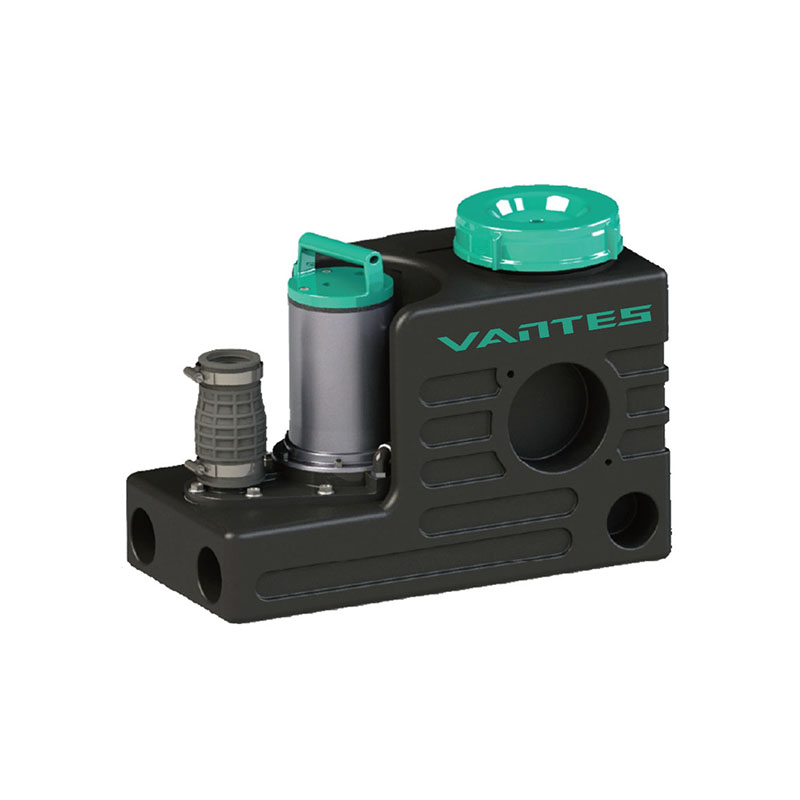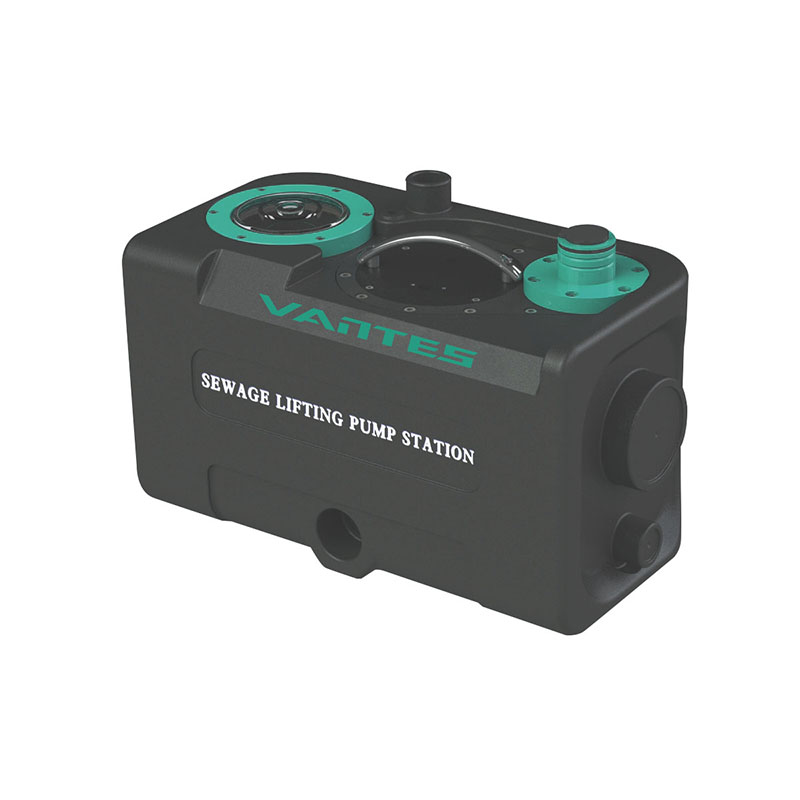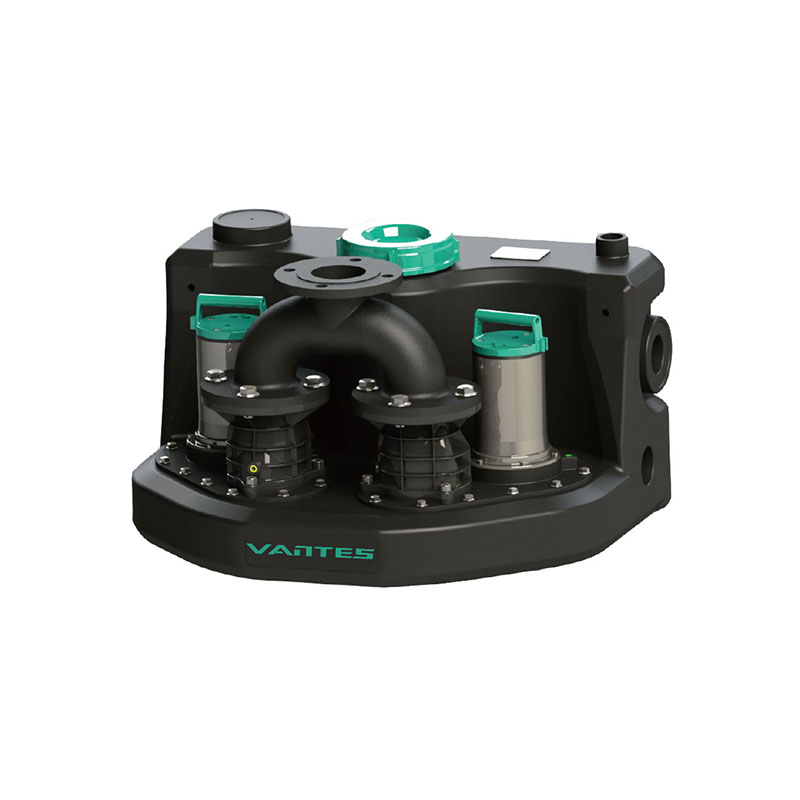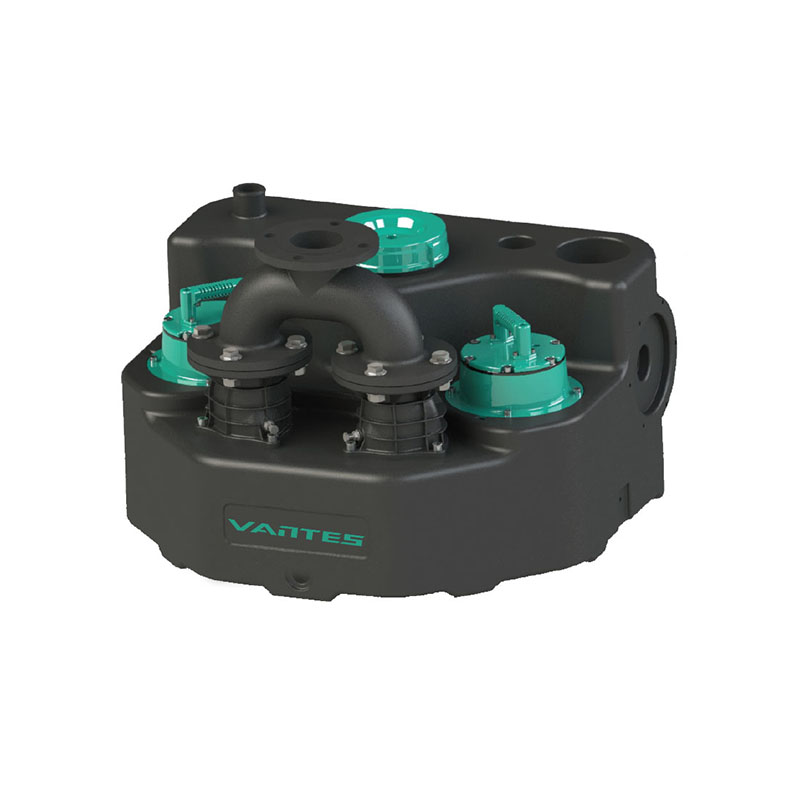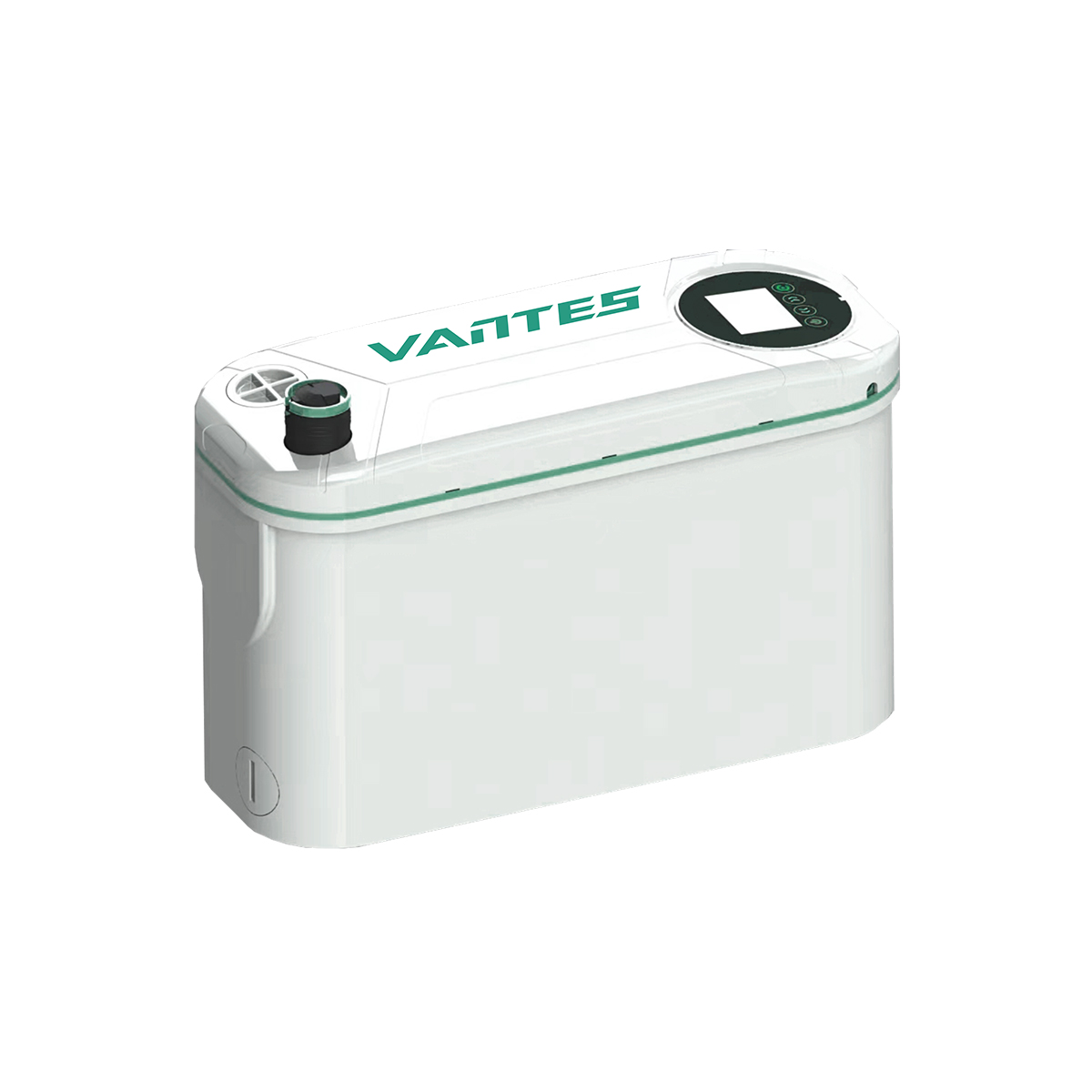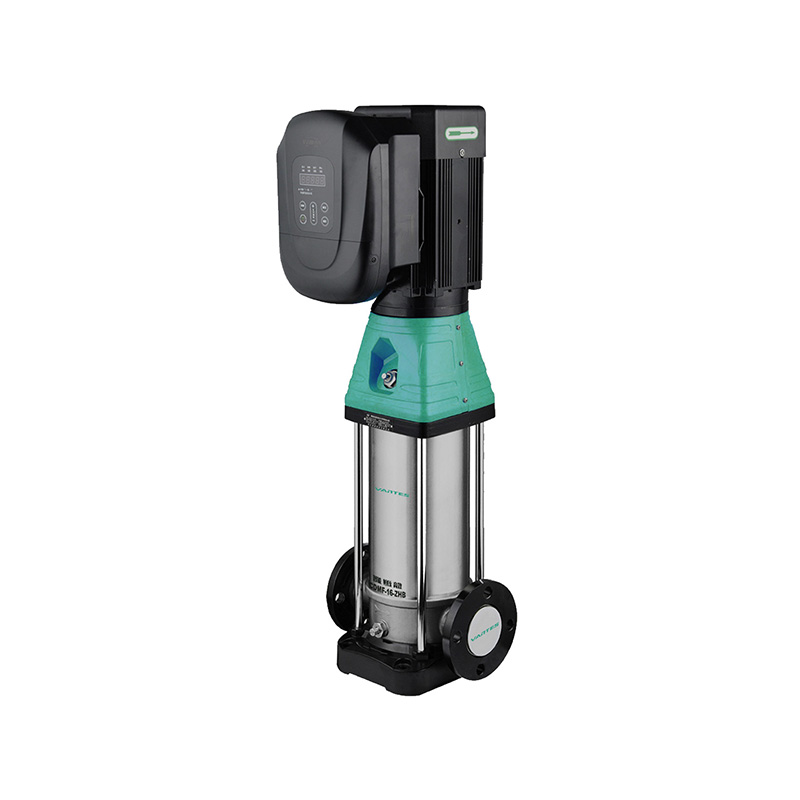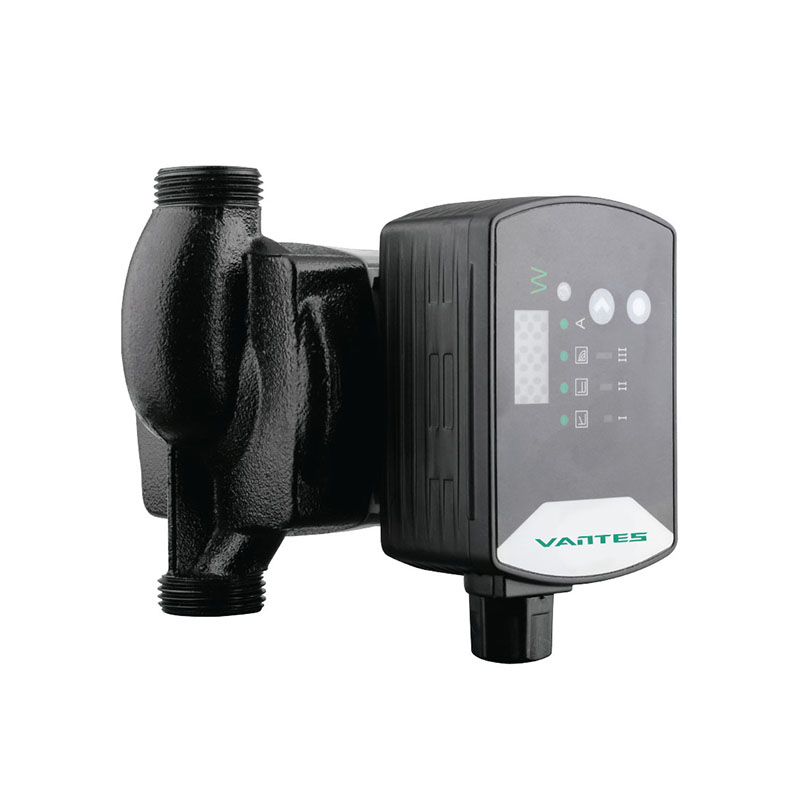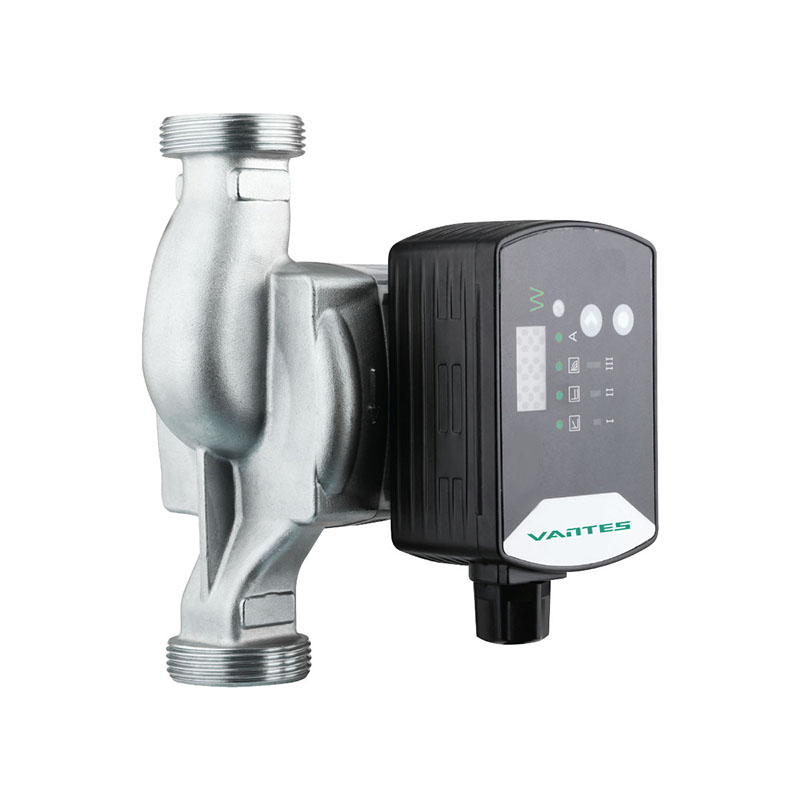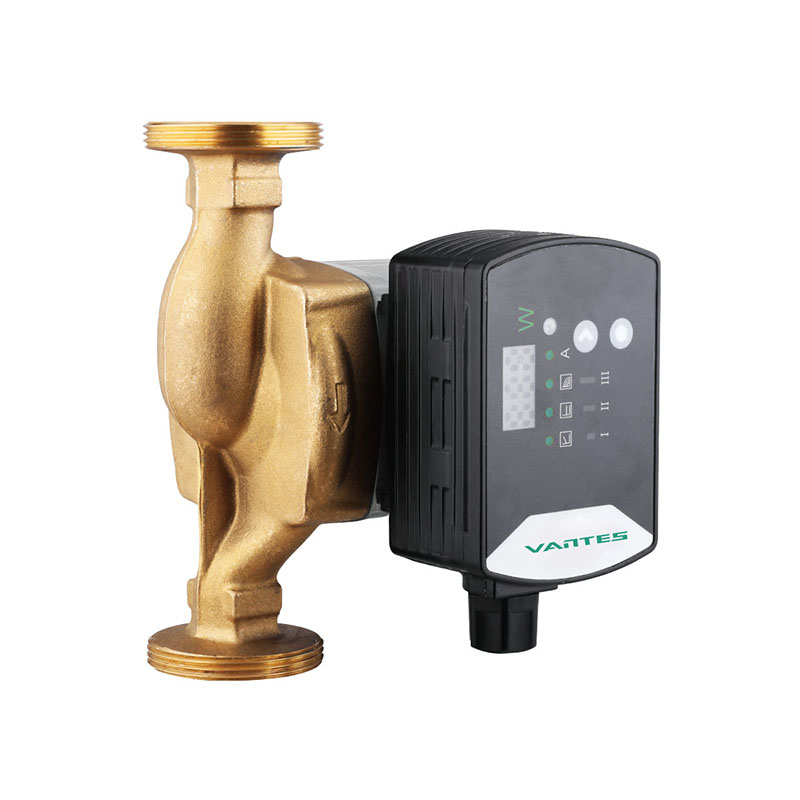In the world of industrial automation, achieving efficiency and reliable performance is always a priority. One of the significant developments in pump technology in recent years is the constant pressure pump. These pumps, which maintain a stable pressure throughout a system, have become increasingly vital across various industries, including water treatment, HVAC, manufacturing, and agriculture. The constant pressure pump represents a shift from traditional pumps that operated at fixed speeds, allowing businesses to reduce energy consumption, improve system performance, and increase overall sustainability.
What is a Constant Pressure Pump?
A constant pressure pump is a system that continuously regulates and maintains a set pressure despite fluctuations in flow demand. This is typically achieved through variable speed controls, such as variable frequency drives (VFDs), which adjust the speed of the pump based on real-time feedback from pressure sensors. Unlike traditional pumps, which operate at full speed regardless of the actual demand, the constant pressure pump can adjust to changing conditions and maintain steady, precise pressure.
By maintaining a consistent pressure, the constant pressure pump ensures that a wide range of systems—from water distribution networks to HVAC systems—operate smoothly, efficiently, and reliably. The continuous adjustment of pump speed not only optimizes energy consumption but also extends the life of the equipment and minimizes maintenance needs.
Advantages of Using a Constant Pressure Pump
The benefits of using a constant pressure pump are numerous, particularly in industries where precision, energy efficiency, and system reliability are paramount. One of the primary advantages is the energy savings. Traditional pumps often run at full speed, consuming excessive amounts of energy regardless of how much pressure is actually required. The constant pressure pump, on the other hand, adjusts its speed to meet the specific needs of the system, reducing energy consumption and significantly lowering operational costs.
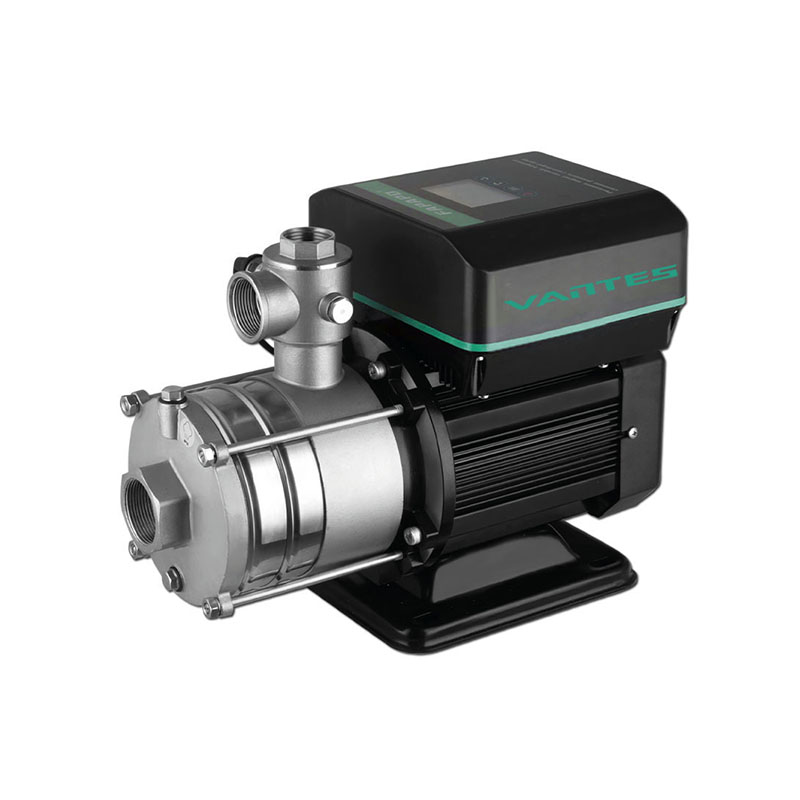
Additionally, the constant pressure pump helps improve system performance by ensuring a stable, consistent pressure. This is particularly important in water treatment plants, irrigation systems, and HVAC applications, where fluctuations in pressure can lead to inefficiencies, equipment strain, or even system failures. With a constant pressure pump, businesses can ensure that systems perform at their best, preventing issues such as inconsistent water flow or temperature control problems.
Another notable benefit is the reduction in wear and tear on equipment. By adjusting the pump’s speed to meet real-time demand, the constant pressure pump operates in a way that reduces stress on the system, prolonging the life of the pump and other components. This not only leads to lower maintenance costs but also minimizes downtime, ensuring that operations continue smoothly.
Applications of the Constant Pressure Pump
The constant pressure pump has found widespread use across various industries. One of the significant applications is in water treatment. Municipalities and water treatment plants rely on constant pressure pumps to maintain stable water pressure in their distribution networks. By adjusting the speed of the pump based on real-time pressure measurements, these systems ensure that water is delivered efficiently without overusing energy or causing unnecessary pressure spikes.
In agricultural irrigation systems, the constant pressure pump plays a crucial role in maintaining consistent water flow. Whether it’s for crop irrigation or landscape watering, these pumps ensure that water is distributed evenly across the land, optimizing water use and improving crop yields. The ability of the constant pressure pump to adjust to varying water demands throughout the day ensures that resources are used efficiently, reducing waste and energy consumption.
In HVAC applications, maintaining a consistent pressure is vital for heating and cooling performance. The constant pressure pump helps regulate the flow of water in heating and cooling systems, ensuring that pressure levels remain stable even when demand fluctuates. This results in more consistent temperatures, better energy efficiency, and longer-lasting equipment.
Manufacturing facilities also benefit from constant pressure pumps in processes that require precise control over fluid flow and pressure. Whether it’s for coolant systems, pressure testing, or chemical processing, the constant pressure pump provides the necessary stability and efficiency to meet industry standards and regulatory requirements.


